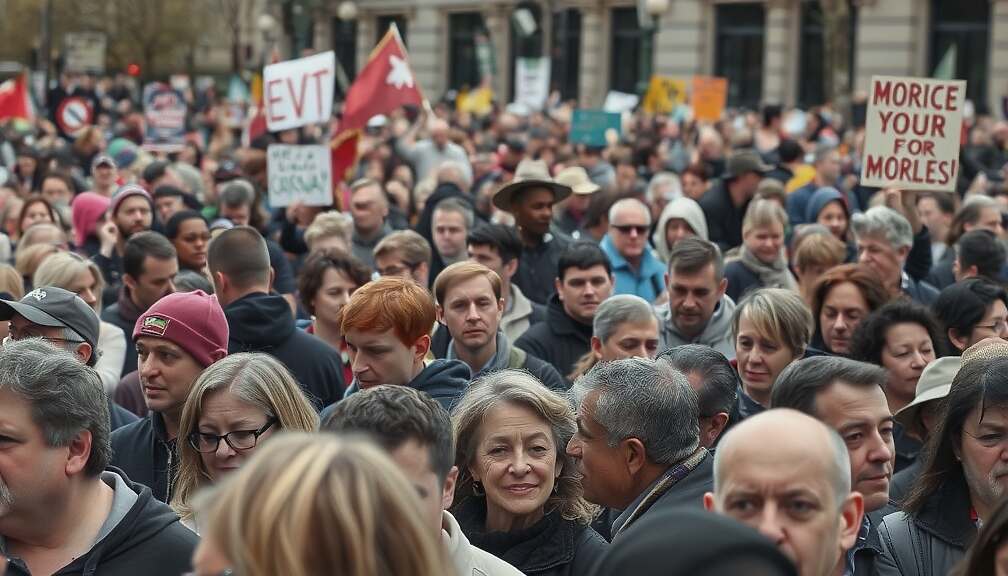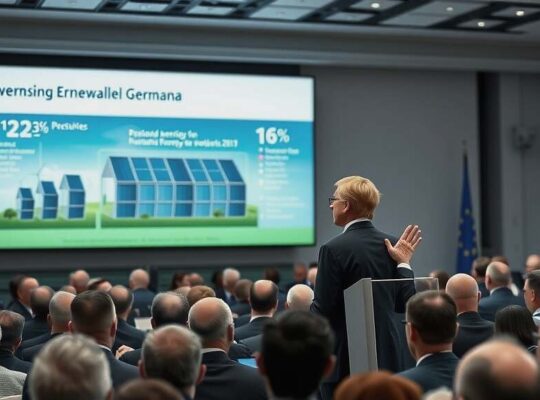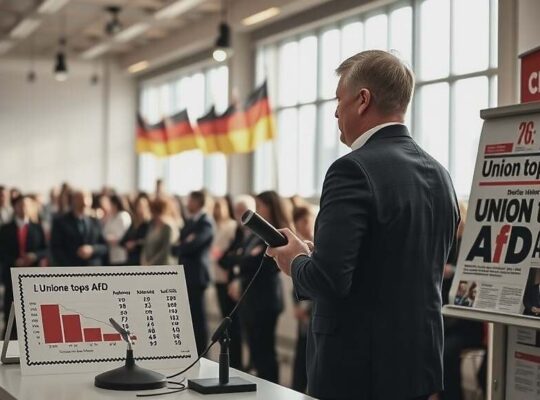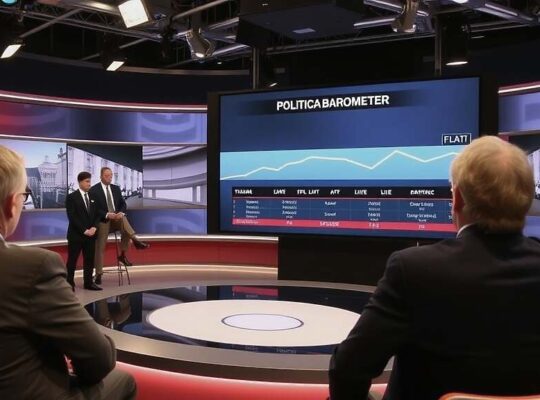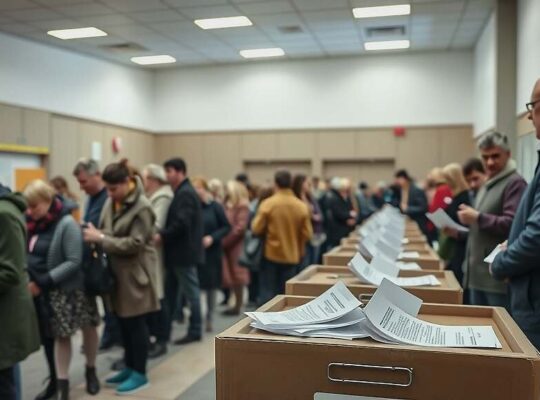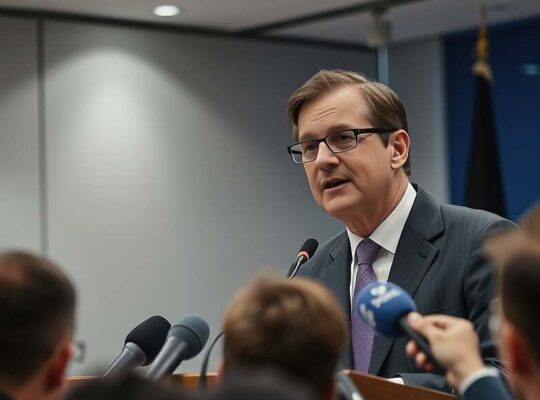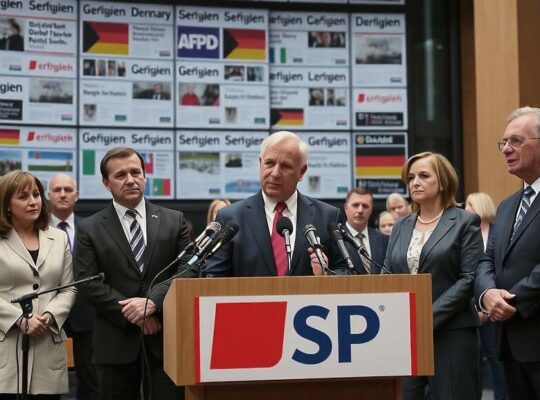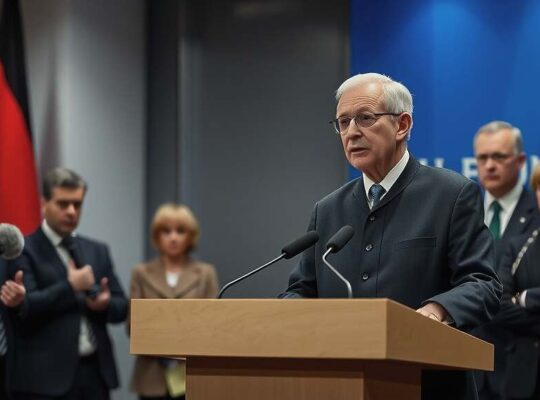Recent polling data indicates significant shifts in the German political landscape, with the Alternative for Germany (AfD) maintaining a record level of support. The latest weekly Forsa survey, conducted for RTL and ntv, places the AfD at 26 percent, narrowly ahead of the Christian Democratic Union (CDU) and Christian Social Union (CSU) alliance, which remains stable at 25 percent.
The Social Democratic Party (SPD) holds steady at 13 percent, while the Green Party stands at 12 percent. The Left Party has experienced a slight decrease, falling to 11 percent. Both the Business and Freedom Liberal Party (BSW) and the Free Democratic Party (FDP) register 3 percent support, with other parties collectively garnering 7 percent.
Regarding perceived political competence, the CDU/CSU leads with 21 percent, gaining 1 percentage point, followed by the AfD at 12 percent. The SPD, Green Party and Left Party all remain at low levels of 6, 5 and 5 percent respectively. Notably, nearly half of German citizens (49 percent) express a lack of confidence in any party’s ability to resolve the country’s challenges.
Economic expectations continue to be overwhelmingly pessimistic. Only 14 percent of those surveyed anticipate an improvement in the economic situation, while 61 percent predict a deterioration – a new high. A further 22 percent foresee no change.
Public satisfaction with the performance of Chancellor Friedrich Merz (CDU) remains limited, with only 31 percent reporting satisfaction, compared to 66 percent expressing dissatisfaction. Support for Merz is largely confined to CDU/CSU supporters (70 percent), while voters of the SPD (57 percent), Green Party (72 percent), Left Party (85 percent) and AfD (93 percent) overwhelmingly express dissatisfaction.
Skepticism is particularly pronounced regarding the government’s ability to revitalize the German economy. Only 36 percent believe a successful economic turnaround is likely under Merz’s leadership, while a significant majority (61 percent) doubt its feasibility. This skepticism is especially strong in eastern Germany (72 percent). The government receives majority support only among CDU/CSU supporters (64 percent).
The data on party preferences and political competence was collected between August 19th and 25th, 2025, based on a sample of 2,501 respondents. Perceptions regarding the economic turnaround were assessed between August 22nd and 25th, with a sample size of 1,009 individuals.


